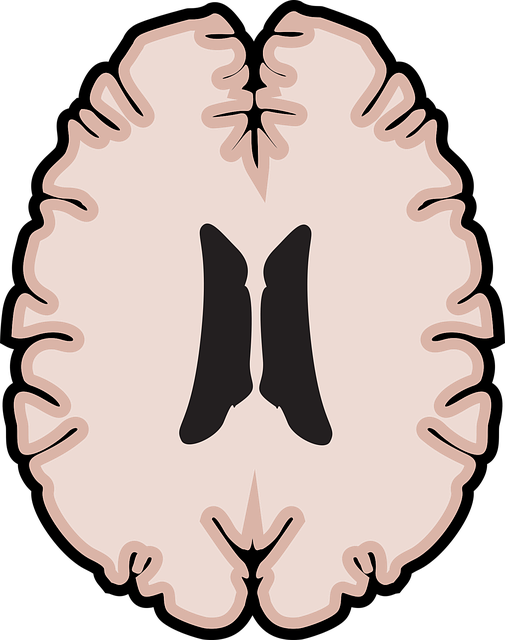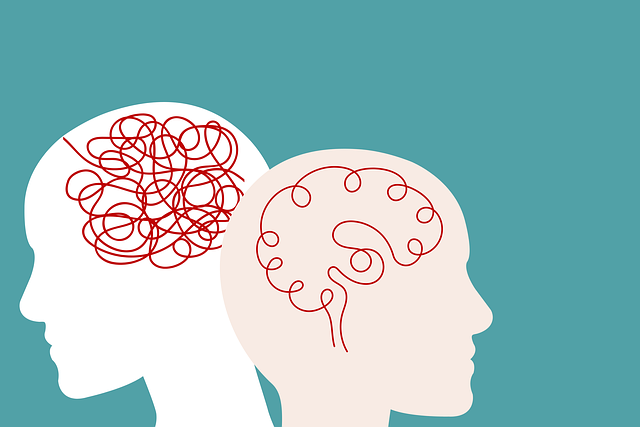Lone Tree Adjustment Disorder (LTAD) is characterized by loneliness, depression, and adjustment difficulties in new environments. Effective management of LTAD involves proactive self-care practices such as mindfulness meditation, exercise, hobbies, stress management workshops, trauma support services, and established routines. Incorporating these measures boosts resilience, cultivates a sense of belonging, and enhances overall well-being. Lone Tree Adjustment Disorder Therapy leverages these strategies to empower individuals to take charge of their mental health through improved emotional intelligence, reduced anxiety, and enhanced proactive self-care behaviors.
“Self-care is a powerful tool in navigating mental health challenges, especially as we explore strategies to overcome Lone Tree Adjustment Disorder (LTAD). This article delves into understanding self-care, its profound benefits in managing LTAD symptoms, and offers practical tips. We discuss how establishing a tailored self-care routine can significantly improve overall well-being. Furthermore, the integration of therapy is explored as a means to enhance self-care practices for long-term mental resilience. By implementing these strategies, individuals with LTAD can foster a healthier and more balanced lifestyle.”
- Understanding Self-Care and Its Benefits in Overcoming Lone Tree Adjustment Disorder
- Strategies for Incorporating Effective Self-Care Routines into Daily Life
- The Role of Therapy in Enhancing Self-Care Practices for Long-Term Well-being
Understanding Self-Care and Its Benefits in Overcoming Lone Tree Adjustment Disorder

Self-care isn’t just a trend; it’s a vital practice for maintaining mental and emotional well-being, especially when navigating challenging life situations like the adjustments one might face in a new environment, such as moving to a Lone Tree (a metaphorical term representing isolation or loneliness). Understanding self-care involves recognizing its significance in managing and overcoming disorders like Lone Tree Adjustment Disorder. This disorder, often characterized by feelings of loneliness, depression, and difficulty adjusting to changes, can be mitigated through proactive self-care strategies.
By incorporating practices such as mindfulness meditation, regular exercise, and engaging in hobbies, individuals can enhance their resilience and coping mechanisms. Stress Management Workshops organized by mental health organizations offer valuable tools for managing stress and anxiety, which are often exacerbated by feelings of isolation. Additionally, Trauma Support Services play a crucial role in helping individuals process and overcome past traumas that might contribute to adjustment disorders. Even simple acts like connecting with nature, practicing good sleep hygiene, or participating in community events can foster a sense of belonging and significantly improve one’s ability to adjust and thrive in new circumstances, ultimately boosting confidence.
Strategies for Incorporating Effective Self-Care Routines into Daily Life

Incorporating effective self-care routines into daily life can seem daunting, but it’s a crucial step in managing stress and cultivating overall well-being, especially for those dealing with Lone Tree Adjustment Disorder Therapy (LTADT). A simple yet powerful strategy is to start small and make gradual changes. Begin by identifying activities that bring you joy and relaxation—be it reading, meditation, or spending time in nature. Integrate these into your schedule, even if it’s just 15 minutes each day. Consistency is key; regular practice will help establish a solid foundation for self-care.
Additionally, consider joining a Stress Management Workshops Organization to gain valuable tools and techniques for handling stress effectively. These workshops often offer practical guidance on time management, mindfulness exercises, and building resilience, all of which contribute to a healthier mental state. Boosting your confidence through self-care is another significant aspect; when you prioritize your well-being, you empower yourself to face challenges with renewed energy and clarity.
The Role of Therapy in Enhancing Self-Care Practices for Long-Term Well-being

Therapy plays a pivotal role in enhancing self-care practices for long-term well-being. It provides individuals with tools to manage stress and emotions effectively, which is essential for cultivating healthy habits. Through Lone Tree Adjustment Disorder Therapy, clients gain insights into their emotional triggers and learn strategies to combat the physical and mental effects of chronic stress. This process empowers them to take charge of their well-being and incorporate self-care into their daily routines.
Incorporating therapy into one’s life fosters emotional intelligence, a key component in maintaining long-term health. By understanding and regulating emotions, individuals can better prioritize self-care activities such as exercise, mindfulness practices, and sufficient sleep—all of which contribute to anxiety relief and improved overall mental resilience. Mind over matter principles are cultivated during therapy sessions, enabling clients to challenge negative thought patterns and develop a more positive mindset, thereby enhancing their ability to engage in proactive self-care behaviors.
Self-care is a powerful tool in managing and overcoming challenges like the Lone Tree Adjustment Disorder. By understanding its benefits, incorporating effective strategies into daily routines, and leveraging therapy as a support system, individuals can enhance their overall well-being. Customizing self-care practices to personal needs and maintaining a consistent routine are key. With the right approach, one can navigate life’s adjustments with greater resilience, ensuring long-term mental health and improved quality of life, especially for those dealing with Lone Tree Adjustment Disorder.














